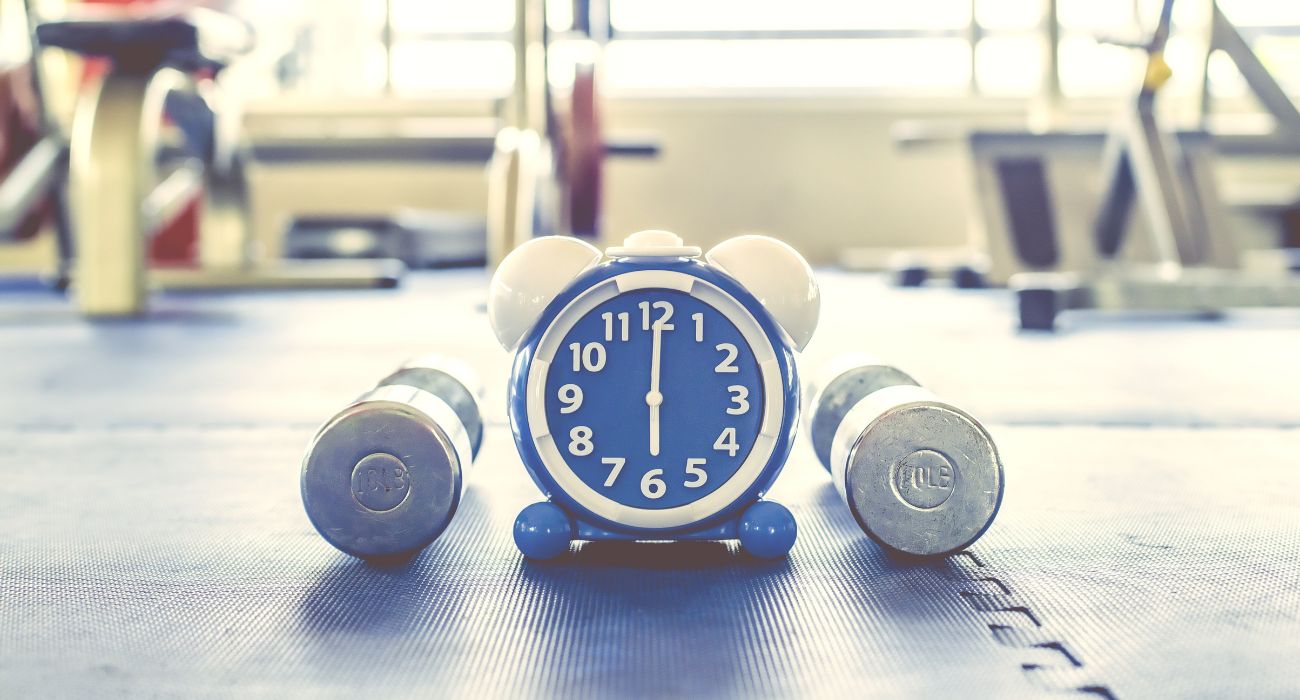A new study found that the timing of exercise may significantly affect its health benefits.
Research led by Harvard University’s Dr. Caiwei Tian and Dr. Chirag Patel was recently published in the journal Diabetologia. Its findings suggested that morning and afternoon exercise sessions have a much greater impact on lowering one’s risk of type 2 diabetes than those occurring in the evening.
Type 2 diabetes is an acquired metabolic disorder that is estimated to affect 1 in 10 Americans, according to the Centers for Disease Control and Prevention. Blood sugar levels spike as the body cells become insulin-resistant, which over time could result in much more serious health issues, including kidney disease, heart disease, and vision loss.
Carrying excess weight in the belly is a major risk factor for acquiring type 2 diabetes.
Although type 2 diabetes has tended to affect people over age 45 most of all, rising rates of obesity among children and adolescents have resulted in more diagnoses in other age brackets.
In Texas, 20.3% of children ages 10-17 were classified as obese in 2019-2020, placing the state No.8 for the highest rates of childhood obesity nationwide, as previously covered in The Dallas Express.
Staying physically active is undeniably linked to a reduced risk of type 2 diabetes, not to mention other ailments such as heart disease.
Yet the latest study leveraged data from 93,095 UK Biobank participants wearing an accelerometer over the course of one week in order to assess whether all exercise sessions are created equal.
Study participants had no history of type 2 diabetes, and the investigations were adjusted based on lifestyle factors such as sleep and dietary intake.
The study’s researchers found that exercise conducted in the morning (6 a.m. to noon) and afternoon (noon to 6 p.m.) appeared to significantly decrease diabetes risk — by 10% and 9%, respectively. Evening exercise sessions (6 p.m. to midnight) didn’t illustrate the same protective effect.
Although Patel told Medical News Today that it was unclear why exercising in the evening appeared less effective in preventing diabetes, he suggested that this could represent a new avenue for future research into different lifestyle or biological factors that may have been missed in the study.
Dr. Alex Foxman of the Beverly Hills Institute suggested to Medical News Today that the differences may be explained by how exercise affects our bodies’ natural clock — the circadian rhythm.
Noting that morning and afternoon physical activity may help regulate the circadian rhythm and thus metabolic and hormonal processes, he suggested, “By contrast, evening physical activity may disrupt the circadian rhythm and impair glucose tolerance, especially if it is done close to bedtime.”
Although the recent study might provide some valuable insight into making the most of gym sessions, medical professionals were quick to say that staying physically active whenever your schedule allows is what matters most.
For instance, Dan Gallagher from Aegle Nutrition told Medical News Today, “Exercise is a great tool to prevent diabetes and the best workout is the one that’s completed. Whatever time you need to work out each day to make it a regular practice is better than no workout at all.”






